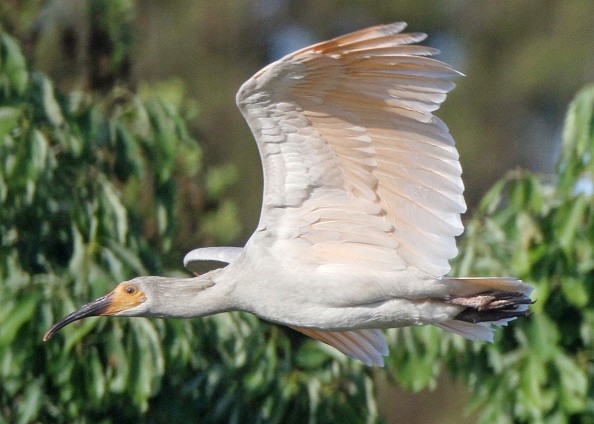Conservation experts in Sichuan Province will establish a breeding program for crested ibis using 25 pairs, with public viewing becoming available in May 1, 2018.
The 50 birds were transferred to Sichuan at the end of 2016, are being kept in a protected reserve near Mount Emei. They came from Henan, Zhejiang and Shaanxi provinces.
The date of public viewing is the estimated period when the artificially reproduced birds would have exceeded 100.
These endangered birds have extremely particular habitat needs for their habitat to live and breed, which Sichuan can provide.
The pairs should start mating in March, according to Xiong Tieyi, chief of the Emei Mountain Biological Resources Experimental Station. He added that this is the first time that Sichuan has introduced a group of crested ibis.
Since the crested ibis is monogamous and will not mate with another if its original partner dies, establishing breeding pairs is crucial, Xiong said.
The center will conduct research into the birds' artificial reproduction, disease resistance and wild training so they can be released into the wild within five years.
The bird was once a common sight in Japan, China, Russia and the Korean Peninsula, until it almost became extinct in the first half of the 20th century.
It was not until 1981 when it reemerged in the region, with seven crested ibises found in Shaanxi's Yangxian county. They were used to propagate the species until their number increased to 2500 in the last three decades.
In China, the crested ibis is classified as a first-class State-protected animal with the same status as a giant panda.
Early this month, a flock of 10 glossy ibises was also spotted in the Dianchi Lake wetlands of Kunming in the southwestern province of Yunnan. The birds remained in the spot for over two weeks.
Since 2012, there have been several sightings of the glossy ibis in Yunnan.
The glossy ibis is a close relative of the crested ibis and is under second-class state protection in China. Zoologists also believed that the birds had become extinct in China last century due to the destruction of their habitat.



























